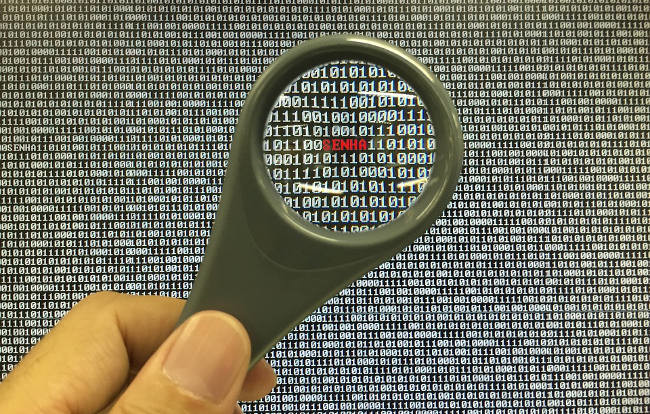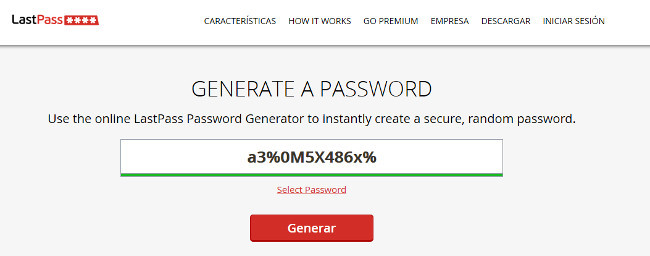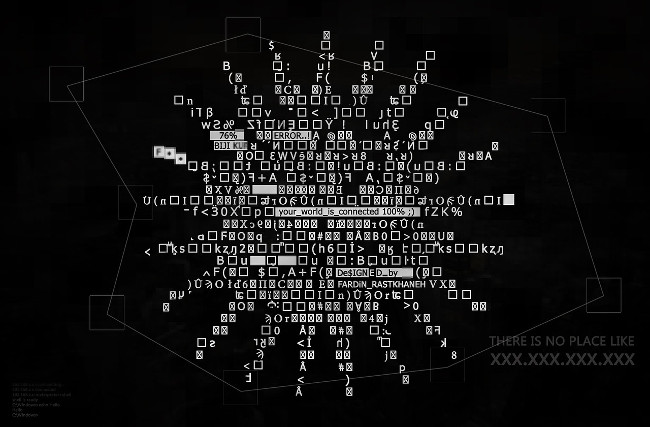
Maintaining a secure password to access our computers is one of the basic security measures that everyone should have. The same happens with the web services that we access. We have to find the balance to use a password that is safe and easy to remember. You may think that you have had a great idea using 1234 as a password, which is so simple that no one else in the world would use it, but maybe it is not, that's why we are going to see the most used passwords in the world and that you should not copy ..
Because if your password is one of these on the list, they won't even have to carry out a brute force attack, or in other words, a program is in charge of trying combinations of numbers and letters until it finds our access code. This may seem like a daunting task, a computer with current computing power can solve it in a matter of minutes if the key is not very secure.
What are the most used passwords in the world?
According to the latest report from SpashData, a strong password management service that publishes an annual report on this issue, the most used by users throughout 2014 were the following:
| Ranking | Password | Changes compared to 2013 |
| 1 | 123456 | Without changes |
| 2 | password | Without changes |
| 3 | 12345 | Climb 17 places |
| 4 | 12345678 | Drop 1 place |
| 5 | QWERTY | Drop 1 place |
| 6 | 123456789 | Without changes |
| 7 | 1234 | Climb 9 places |
| 8 | baseball | New |
| 9 | dragon | New |
| 10 | football | New |
| eleven | 1234567 | Drop 4 places |
| 12 | monkey | Go up 5 places |
| 13 | letmein | Go up 1 place |
| 14 | abc123 | Drop 9 places |
| fifteen | 111111 | Drop 8 spots |
| 16 | mustang | New |
| 17 | access | New |
| 18 | shadow | Without changes |
| 19 | master | New |
| twenty | Michael | New |
| twenty-one | superman | New |
| 22 | 696969 | New |
| 2. 3 | 123123 | Drop 12 places |
| 24 | batman | New |
| 25 | trustno1 | Drop 1 place |
The numeric passwords , more or less extensive depending on the access requirements imposed on us by the web service are predominant. In this way, if the password must have 6 characters, 123456 will be the most used. The same happens with other combinations of keys that are very repetitive, such as qwerty , the first six letters of the first line of the keyboard or abcdef , which are those of the alphabet.
Then we have those other passwords, which are very obvious , who is going to think that we have " password " as a password? Well, it seems that this idea has occurred to more than one user. Then we have others that are more or less popular and easy to remember. Not by putting " batman " in the password will it be more secure..
The security of Internet services

The truth is that no web service is invulnerable . We have recent examples of security flaws that have exposed passwords and other user data, Patreon, Ashley Madison or giants like Amazon have also had problems. That is why it is important that our passwords are difficult to resolve and decipher. If we analyze the most common passwords that have been made public for this type of security incidents, we see that they do not differ much from the previously published list, although there are many related to the theme of the service.
How do we find out if a service we use has suffered an incident ? These services normally notify users so that they can change their passwords as soon as possible. In any case, we have an option to find out if our access email or the user appears identified in a public list of services that have suffered problems..
Password managers, an effective solution, but not infallible

The bad thing in these cases is that these incidents force us to have different access credentials for each service . In this way, when faced with a security problem, at least the risks are limited to that service. If the same username and password are used for everything, we end up with a problem that spreads out of control. The downside of this issue is that in the end it is very difficult to remember each username and password for each service, since it is also advisable to change them periodically.
To help us in this task we have password managers available . They are services that allow us to store access data to different web services. They usually have an extension for the web browser, Chrome, Internet Explorer or Firefox, which allows you to select the users and passwords of the service we are going to access. They are safer than storing this data in the browser itself, since they also have apps for smartphones and if we are on a computer that is not our usual one, we can access directly through the website to see the credentials we need at that time. LassPast, Keepass or 1password.
They help us create secure passwords, that is, keys with upper and lower case letters, signs, numbers and that are not words from the dictionary, with more than 8 characters that are very complicated to guess by brute force. But they are not a panacea either, since if they discover the password to access our password manager they have all the information at their disposal. This year a service of this type like LastPass has had a problem in this regard.
Safety starts with you

That is why it is important to activate two-step verification in all services that have this option available. In this way, in addition to the password, we need a second code to enter, and that in theory, only we know, either because we generate it or because it is sent to our smartphone, for example.
You can also try to generate your password safely by using the common word you intended to use, but making a few small changes so that it is no longer a word recognized by the dictionary that would decipher a common computer in less than a second.
In any case, perhaps the ideal would be to change the chip, to stop using a password and start using a passphrase , also easy to remember, but much longer. This has many security advantages, simply because of the complexity and the number of combinations you enter as you increase the password length. Logically, as in the previous case, you also have to make variations to replace letters, add numbers and signs to make it more complicated to hack.
On the Lenovo Blog | Yes, your tablet can be hacked, and there are ways to prevent it
Images | Pixabay